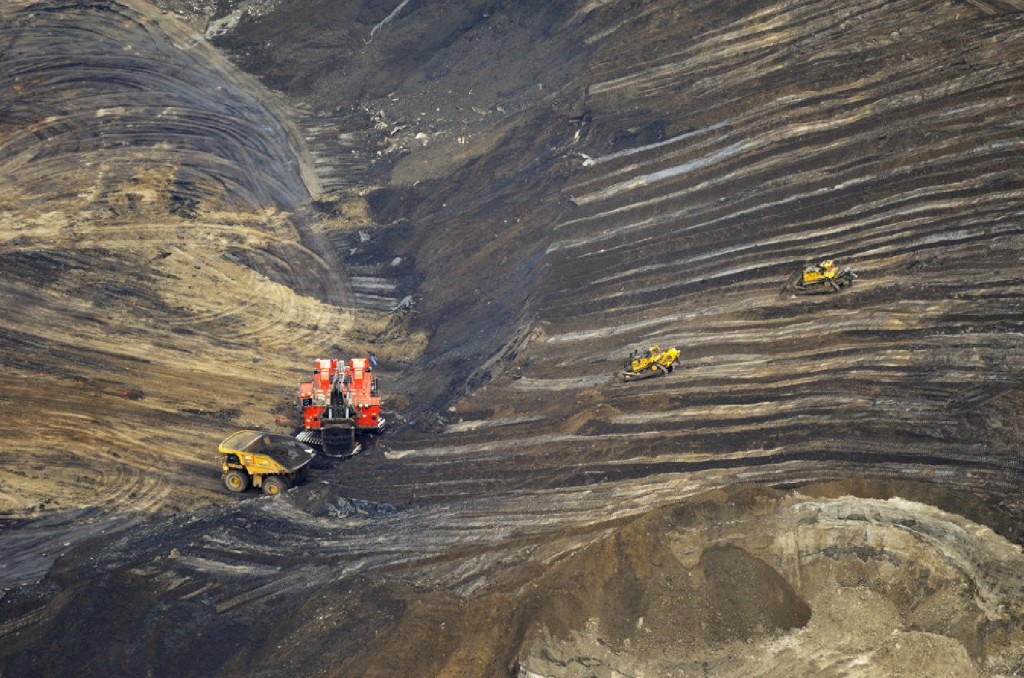A comment recently published in Nature identifies flaws in how decisions are made about the development of Canada’s carbon-intensive oil sands, known as “tar sands.”
The authors, including Tom Sisk of Northern Arizona University, call for a moratorium on new projects until the climate implications of the oil sands are better incorporated into the decision-making process. The interdisciplinary group of experts in environmental science, economics, policy development and decision science suggest that the controversy around proposed pipelines, such as Keystone XL in the United States and Northern Gateway in Canada, illustrates a policy process that fails to address carbon emissions or the cumulative effect of multiple interrelated projects.
“The Canadian experience is important because the Colorado Plateau holds vast reserves of oil sands that are just beginning to be developed, and Canada’s decisions will influence how the U.S. and other nations treat their oil sands and other carbon-intensive energy deposits” said Sisk, Olajos-Goslow Chair of Environmental Science and Policy at NAU.
With today’s technology, oil sands are mined and extracted for oil-rich bitumen, which is then refined into oil. The authors argue that doubling the rate of oil sands extraction that has occurred over the past decade undermines the commitments made by both Canada and the United States to reduce carbon emissions, and sends a troubling signal to other nations sitting on large deposits of bitumen, oil shale and other sources of unconventional oil.
Sisk explained that his involvement in the topic began when he was on sabbatical at the University of British Columbia working on biodiversity conservation and ecosystem services.
“It became clear to me that these were second- or third-tier issues, and much of the work we do on wildlife and biodiversity conservation could be eclipsed by flawed policies that increase carbon pollution,” Sisk said.
He started paying more attention to the larger scale, realizing that “the big concerns of our time revolve around how we transition from fossil fuels to renewables, and the discussions around oil sands development are a bellwether for how seriously we’re going to confront the climate challenge,” Sisk said.



